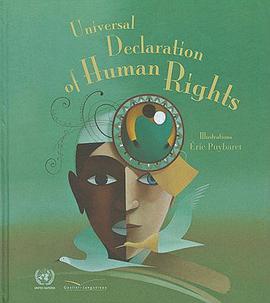

具体描述
Since the early 1990s, there has been a proliferation of memoirs by tenured humanities professors. Although the memoir form has been discussed within the flourishing field of life writing, academic memoirs have received little critical scrutiny. Based on close readings of memoirs by such academics as Michael Berube, Cathy N. Davidson, Jane Gallop, bell hooks, Edward Said, Eve Sedgwick, Jane Tompkins, and Marianna Torgovnick, "Academic Lives" considers why so many professors write memoirs and what cultural capital they carry. Cynthia G. Franklin finds that academic memoirs provide unparalleled ways to unmask the workings of the academy at a time when it is dealing with a range of crises, including attacks on intellectual freedom, discontentment with the academic star system, and budget cuts.Franklin considers how academic memoirs have engaged with a core of defining concerns in the humanities: identity politics and the development of whiteness studies in the 1990s; the impact of postcolonial studies; feminism and concurrent anxieties about pedagogy; and disability studies and the struggle to bring together discourses on the humanities and human rights. The turn back toward humanism that Franklin finds in some academic memoirs is surreptitious or frankly nostalgic; others, however, posit a wide-ranging humanism that seeks to create space for advocacy in the academic and other institutions in which we are all unequally located. These memoirs are harbingers for the critical turn to explore interrelations among humanism, the humanities, and human rights struggles.
作者简介
目录信息
读后感
评分
评分
评分
评分
用户评价
相关图书
本站所有内容均为互联网搜索引擎提供的公开搜索信息,本站不存储任何数据与内容,任何内容与数据均与本站无关,如有需要请联系相关搜索引擎包括但不限于百度,google,bing,sogou 等
© 2026 book.wenda123.org All Rights Reserved. 图书目录大全 版权所有




















